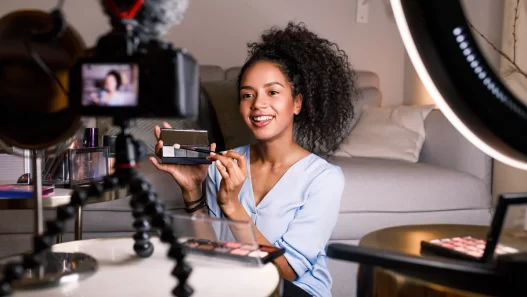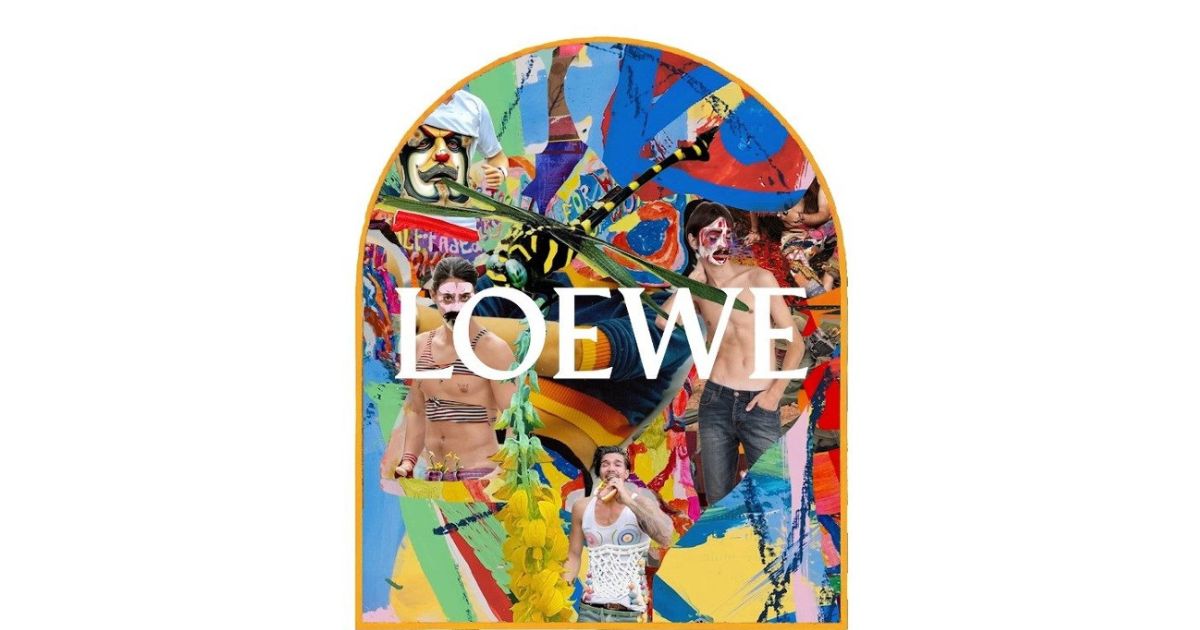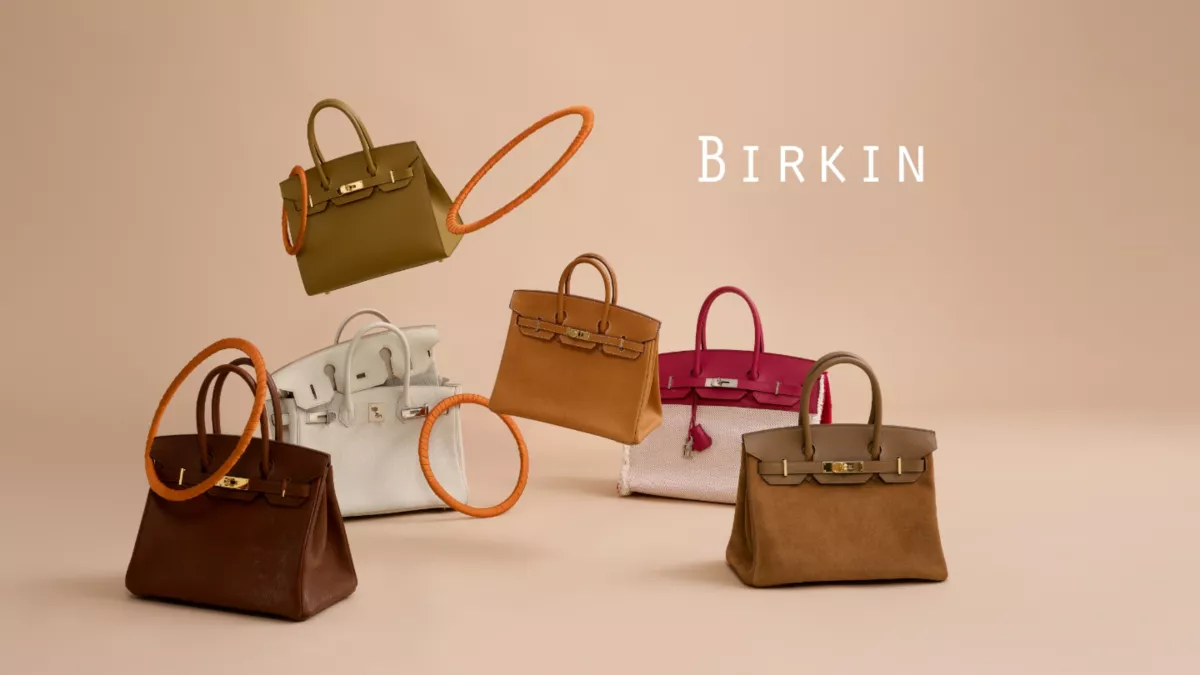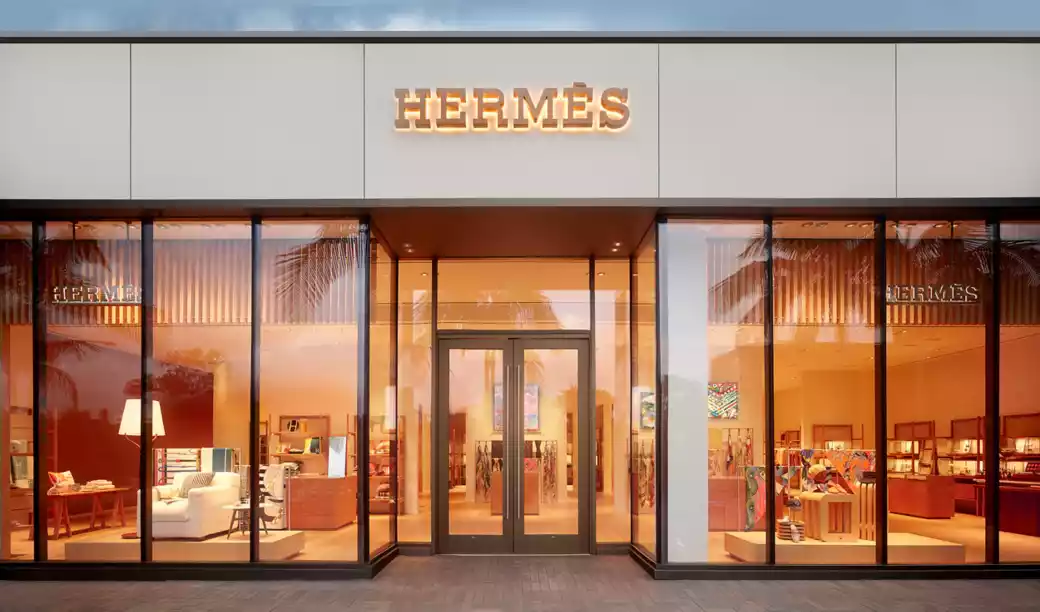E-commerce has no precise definition, but it is essentially any form of business conducted electronically. Numerous luxury and fashion firms have their own websites where clients may make online purchases. There are certain regulations under the IT Act, 2000 that must be complied with by the e-commerce websites, else they would be held liable.
This article explores the liability of intermediaries through the Louboutin Case, with specific emphasis on selling products that infringe on the IP rights of brands.
Introduction to e-commerce
There is no precise definition of e-commerce, but it means a method of conducting business through electronic means. Several fashion and luxury goods brands have websites where customers can buy products online.
There are primarily two kinds of models of e-commerce, namely, the market-based model (also known as the ‘zero-inventory model’) and the inventory-based model.
The market-based model refers to when e-commerce provides merely a platform for buyers and sellers to exchange services or products, thereby acting as a facilitator or an ‘intermediary’. eBay is an example of a market-based e-commerce model.
In the inventory-based model, the goods and services are owned by the e-commerce startup and sold directly to the customers. Jabong is an example of an inventory-based model.
Several compliances need to be followed by e-commerce websites. A plethora of legal issues also arise due to online contracts and transactions. Some common examples are issues pertaining to counterfeit products, return/exchange policy, online payment disputes, cybersquatting and IP infringement by e-commerce websites.
Aside from the abovementioned issues, content regulation is a significant problem that online intermediaries and platforms often face.
It is primarily the Information Technology Act, 2000 that governs and enforces liability for e-commerce platforms along with the applicable IP legislations and provisions of the IPC.
Intermediary Liability & Safe Harbour Provision
It is often argued that e-commerce websites that solely act as an intermediary should not be liable for the violations committed by the ‘seller’ or the ‘buyer’. But that is not the case. An e-commerce platform has certain responsibilities regarding the content published on its website. However, there has been considerable case law to deal with intermediary liability, with the most significant case being that of Avinash Bajaj v. State.
In this case, despite baazee.com having a filter for posting objectionable content, an obscene video clip was listed on the platform, and a student had placed an order for the same. An FIR was charged against the accused, the buyer and the owner of the website, Avinash Bajaj.
However, the owner contended that the transfer was directly between the seller and the buyer without any intervention from the website. He also argued that due diligence was followed, and the website immediately took the video down when it came to their knowledge.
The result of this case was the introduction of section 79 for intermediary liability to the IT Act, 2000. Section 79 is known as the safe harbour provision for intermediaries. It provides an exemption from liability to the intermediary in some instances.
Section 2(1)(w) of the IT Act, 2000 defines intermediary as any person who receives, stores or transmits electronic record on behalf of another person or provides service with respect to that record and includes online auction sites and online marker places.
The exemption under section 79 has certain conditions, such as the intermediary should not initiate the particular transmission, determine the receiver of transmission or modify or alter the information in the transmission.
Thus, it is evident that fashion brands that have their own inventory and deal directly with customers will not be liable for the safe harbour provisions.
Christian Louboutin SAS v. Nakul Bajaj & Ors
Facts of Case
Christian Louboutin is a luxury fashion brand primarily famous for its red-sole heels. This red sole is protected in numerous jurisdictions, and Louboutin has often undergone trademark litigation suits to protect its red sole.
The defendant is a company called Darveys.com, which is an exclusive online shopping portal for luxury goods and high-end fashion brands. It requires users to pay a certain amount merely to access the website.
Louboutin filed a suit against Darveys for importing and selling products that had allegedly infringed on Louboutin’s trademark rights.
Darveys sought protection under the safe harbour provision as it claimed to be an intermediary.
Issues
- The primary issue in this case was whether Darveys.com would be exempted from liability under trademark infringement via section 79 because it is an intermediary.
- The second issue was whether using trademarks in Meta Tags amounts to infringement.
- The third issue was determining whether the defendant company owed the plaintiff any relief or other awards.
Decision
The court went through an array of case law and observed that Darvey’s policies were such that apart from merely listing and pricing the products on its website, it was also looking after the transportation of the products and logistics. Darveys was conducting quality tests for the products and would then place a seal of authenticity. It did not disclose its foreign sellers. Moreover, it made claims that all products were 100% genuine and provided a guarantee of twice the amount of the product if it turned out to be fake.
Hence, the court held that since Darveys had considerable control over the inventory, its role was more than that of an intermediary and that it would be held liable for selling infringed luxury goods to a customer.
As to the question of trademark infringement via meta tags, the court relied on Kapil Wadhwa v. Samsung Electronicswherein it was held that if a trademark, such as a brand name, is used as a keyword for meta-tagging, it would be considered an infringement.
Conclusion
This is a landmark case regarding intermediary liability of e-commerce platforms that sell branded products. The e-commerce website is responsible for ensuring that no counterfeits or infringed products are listed on its platform. Moreover, if they have control over the inventory, the liability of the intermediary increases, as seen in the Louboutin case.
Thus, the case is a lesson for both intermediaries and owners of fashion brands. Brands can file for infringement proceedings against intermediaries that list their products on their website and seek relief.
Meanwhile, intermediaries that sell branded products need to ensure that they have the legal right to do so and that the products do not infringe any IP rights of the original brand.



















game gacor kolam4d.